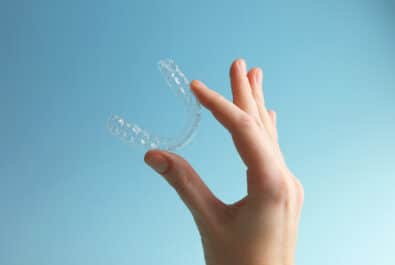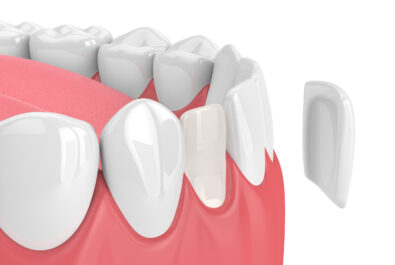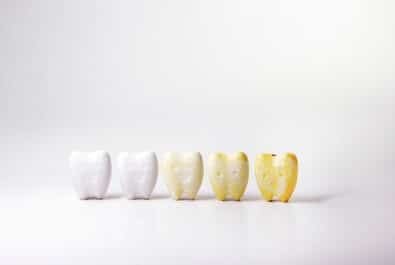Snoring and sleep apnea are sleep disorders that disrupt your quality of sleep throughout the night. There are two types of sleep apnea; obstructive and central. Both forms of the sleep disorder cause you to lose oxygen flow throughout your body while you’re asleep. Obstructive sleep apnea occurs when your throat muscles relax, physically blocking your airway. While central sleep apnea is when your brain does not communicate with your muscles to tell them to breathe. Because the disorder occurs while you’re asleep, it can be difficult to diagnose. Often times, your dentist will recommend undergoing a sleep study to help better understand what is happening during your sleep cycle.
How Can You Avoid Sleep Apnea?
Quit Unhealthy Habits
This will usually be one of the first things your dentist will recommend to help your sleep disorder. Smoking or chewing tobacco can greatly increase your risks for sleep apnea and snoring as the nicotine actually aids in relaxing the muscles in your throat.
Avoid Sedatives, Alcohol, & Sleep Aids
Even over-the-counter medications that are used to help people sleep – stay away from them! All of these things will further relax the muscles in your throat, making it extremely difficult for your brain to get oxygen during your sleep cycle.
Shed A Few Pounds
Often times, being overweight can contribute heavily to your sleep apnea. In these cases, your dentist may recommend losing weight and maintaining a balanced diet with regular exercise (which is also shown to help sleep disorders).
Signs You May Be Experiencing Sleep Apnea…
Do you wake to find your spouse sleeping in the other room? Are you snoring too loudly?
Do you find yourself excessively sleepy throughout the day?
Have you ever woken abruptly in the middle of the night?
These are all common signs of sleep apnea. If you are experiencing any of the above symptoms, you should consult with your dentist about undergoing a sleep study.














